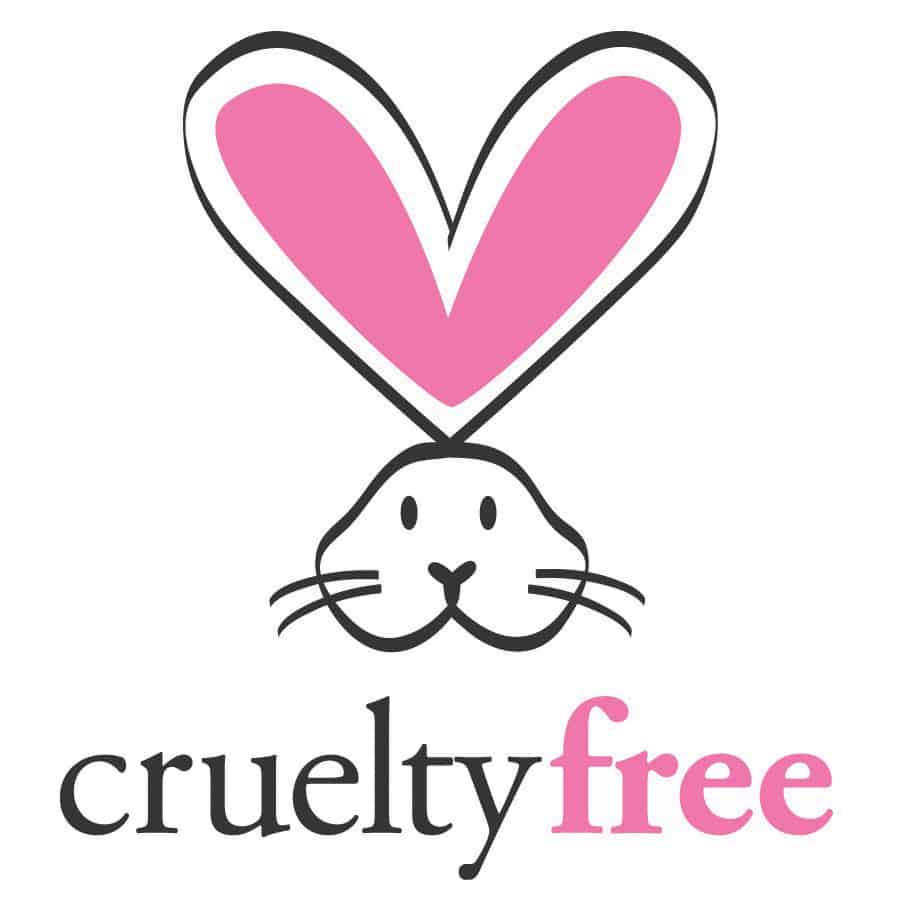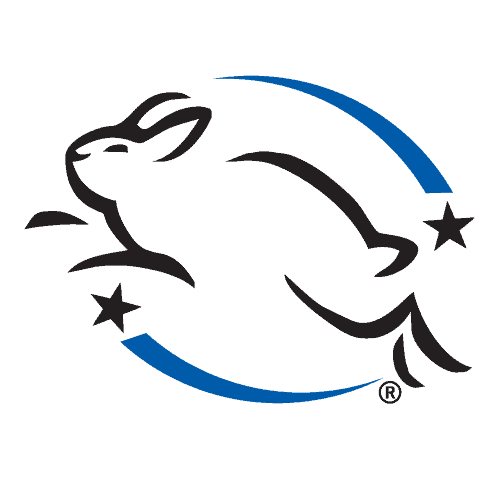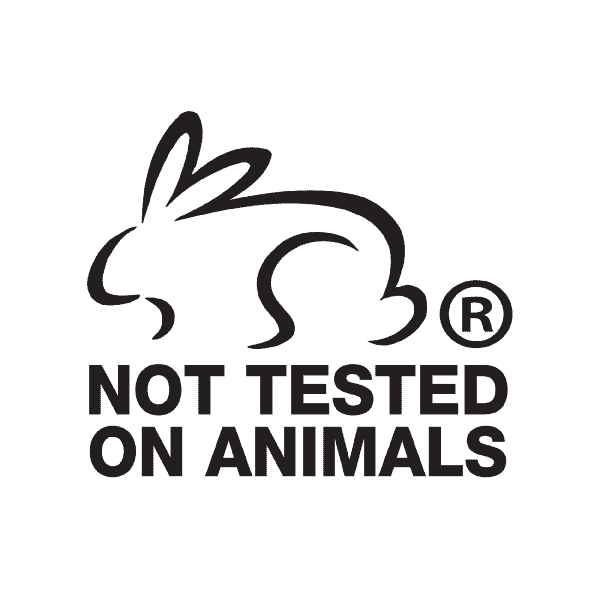Did you notice a cute bunny marking the last time you bought makeup? A bunny logo or an “animal test-free” stamp tells consumers the product is cruelty-free and that no animal testing was done to make the product.
But with so many different labels and symbols, how do you know it’s really a cruelty-free certification that you can trust?
Three well-known, trusted non-profit programs certify products as cruelty-free: Beauty without Bunnies, the Leaping Bunny Program, and Choose Cruelty Free. These organizations do thorough research on businesses and have strict standards products must meet before they are eligible for certification.
Typically, companies that seek a cruelty-free label make cosmetics, household products, and personal care items.
Although many strive for that third-party certificate, some companies may mark products with their own cruelty-free symbol. While the company may say they didn’t conduct animal testing for their products, consumers don’t know if that is indeed the case.
In this article, we’ll break down some of the top cruelty-free programs around today whose certifications you can trust without a doubt.
Why Cruelty-Free Certification from a Trusted Source Matters
Even though many people want to buy products that are safe and ethically made.
Companies that make cosmetics, household products, and personal care items are known to still conduct animal testing (and try to keep this information under the covers).
A cruelty-free certification tells a consumer that they can trust that animals were not harmed or involved in making the product.
However, some companies mark products with their own cruelty-free symbol or wording on their packages.
Even though the company says they didn’t conduct animal testing for their products, consumers have no way of knowing if that is true.
Plus, even if the company didn’t perform tests on animals, their suppliers may have.
A trusted organization that offers a cruelty-free certification will perform the extensive research and interviews needed to determine that a product is cruelty-free.
In these next sections, we’ll cover three well-known, independent organizations that offer cruelty-free certifications that you can trust.
Beauty Without Bunnies
Perhaps the best-known animal rights organization is the People for the Ethical Treatment of Animals or PETA.
They have an intense focus on animals’ treatment, so it makes sense that they have a special designation for cruelty-free products through their Beauty Without Bunnies program.
Companies that pass PETA standards can show the “Animal Test-Free” or “PETA Approved Global Animal Test Policy” logo. Companies that seek this PETA designation sell personal care products, household products, and cosmetics.
Certification Process
To become certified, a company must ensure that no tests on animals were conducted on the ingredients, formulas, or final products they sell.
To do this, the company’s CEO signs a legally binding document stating that the company won’t test on animals.
However, this certification goes beyond what the company does. It also requires that their suppliers don’t test on animals, include ingredients that are tested on animals, or get someone else to do the testing either.
They must also signify that they did not pay for someone else to do the testing on their behalf and that their suppliers do not conduct tests on animals.
PETA also requires paperwork that shows:
There is no charge to become certified. However, a company must pay a $350 licensing fee to use the logo.
Recertification
Once a company is added to the list, they don’t need to recertify that they are still in compliance. While PETA may watch for a sign that a company has changed its policy toward animal-testing, it relies on what management says.
Leaping Bunny Program
Formed by eight animal rights groups back in 1996, the Coalition for Consumer Information for Cosmetics (CCIC) strives to create a standard for “cruelty-free” products through the Leaping Bunny Program.
Certification Process
Known as the Corporate Standard of Compassion for Animals, companies that receive this certification pledge that no animal testing happens during their product development.
Any suppliers or manufacturers used in their production must also make this pledge.
Companies that want to become certified must sign this pledge.
Also, the company must:
There is no cost to get certified under this program. If the company does get its certification, they can pay a one-time licensing fee to use the bunny logo.
The fee is based on how much money the company makes and can cost up to $4,500.
There are times that a company performs animal-testing that is allowed by law. Testing may happen if an ingredient used cannot be replaced by an alternative, there is a concern on the impact on human health, or the government requires it.
Even if animal testing is allowed or required by law, Leaping Bunny will not certify the product as “cruelty-free.”
However, Leaping Bunny may certify a cosmetics or household product brand, even if its parent company conducts animal testing.
To get the Leaping Bunny certification, the brand must be a separate subsidiary from its parent. Along with its suppliers, it must pass all steps to become certified.
Recertification
Companies are required to recertify every year to maintain their certification. As part of their recertification, a company may undergo an audit of its Supplier Monitoring System.
Choose Cruelty Free
This non-profit organization works to end animal testing on cosmetics, personal items, and household products sold in Australia. Choose Cruelty Free, or CCF, gives consumers confidence that their products didn’t involve animal testing.
To do this, CCF compiles a list of companies who meet their strict qualifications. To make it on the list, a company must meet all CCF’s standard for accreditation.
Becoming Accredited
Companies are required to recertify every year to maintain their certification. As part of their recertification, a company may undergo an audit of its Supplier Monitoring System.
It can take anywhere from one to six months to become certified by CCF.
For a company to become certified, the manufacturers used must go through the same process. If they refuse to, the company can’t be certified by CCF.
Recertification
Companies are required to recertify regularly, but how often depends on the company itself. It doesn’t cost anything to recertify, but if a company decides to skip it, they must go through the application process again.
Conclusion
The good news is that we, the consumers, want to make good choices when it comes to buying makeup, personal care items, and household products. Many people already choose cruelty-free products because they don’t conduct testing on animals.
But it is still important to know where each label comes from and what it means. Just because a company says it, how do you know that you bought a cruelty-free product?
Many companies will state that they don’t perform animal testing, using false claims and reel naïve shoppers in.
The best thing you can do is to buy responsibly and pick products that carry a third-party cruelty-free label from one of the trusted organizations we spoke about here.



